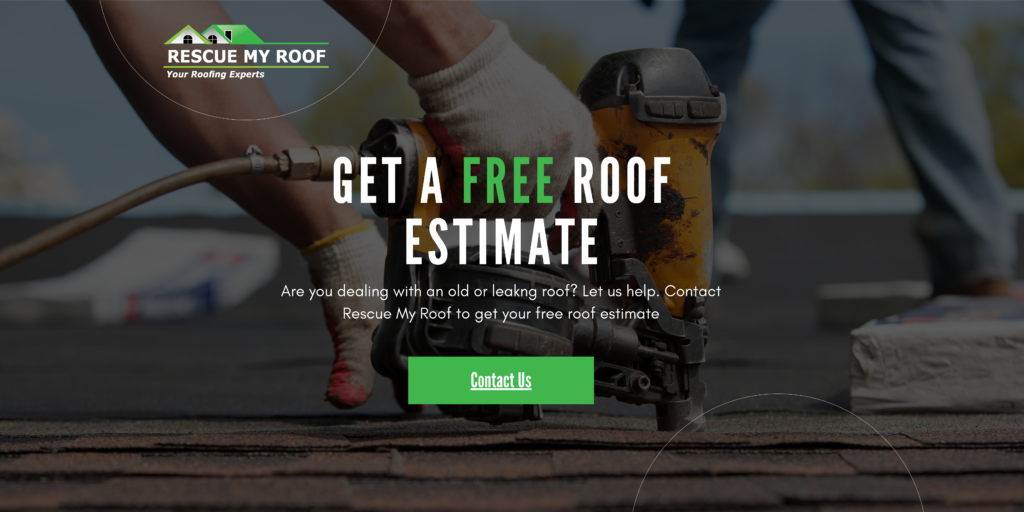Vinyl vs. Fiber Cement Siding: What’s Better for Wisconsin Homes?
Choosing the right siding for your home is more than just a cosmetic decision—it’s about durability, energy efficiency, and protection against the elements. And in Wisconsin, where winters are harsh and summers are humid, your siding needs to do some serious heavy lifting.
Two of the most popular options on the market today are vinyl siding and fiber cement siding. Both offer distinct advantages, but which one is better suited for Wisconsin homes?
Rescue My Roof has been a leading educator in the roofing industry for over a decade. We’ve helped thousands of Wisconsin homeowners. Now, we’re here to help you, too.
In this article, we’ll break down the pros, cons, and key differences to help you decide. Ultimately, you’ll know which material to invest in.
Vinyl Siding: Budget-Friendly and Low Maintenance
Vinyl siding is one of the most widely used exterior materials in the U.S., and for good reason.
Pros of Vinyl Siding:

- Affordability: Vinyl is one of the most cost-effective siding options, both in terms of materials and installation.
- Low Maintenance: It doesn’t need painting, staining, or sealing. Just wash it occasionally with soap and water.
- Weather Resistant: Quality vinyl can withstand rain, wind, and snow without cracking or warping.
- Wide Variety of Styles: Available in a range of colors and textures, including wood-look designs.
Cons of Vinyl Siding:
- Less Durable in Extreme Cold: In sub-zero temperatures, vinyl can become brittle and may crack upon impact.
- Fades Over Time: Prolonged UV exposure can cause colors to fade, though newer options are more UV-resistant.
- Less Insulating: On its own, vinyl doesn’t offer much in terms of insulation unless paired with a backing material.
Fiber Cement Siding: Built for Tough Conditions
Made from a mix of cement, sand, and cellulose fibers, fiber cement siding (like James Hardie® products) is known for its rugged durability and high-end appearance.
Pros of Fiber Cement Siding:

- Highly Durable: Resistant to warping, cracking, fire, and insect damage—perfect for Wisconsin’s fluctuating climate.
- Authentic Look: Mimics the appearance of wood, stucco, or masonry with a more premium feel.
- Better Insulation: Offers superior energy efficiency compared to basic vinyl.
- Long Lifespan: Often lasts 30–50 years with proper maintenance.
Cons of Fiber Cement Siding:
- Higher Cost: More expensive than vinyl, both in material and installation.
- Heavier Weight: Requires professional installation and may need structural reinforcement on older homes.
- Maintenance Required: Needs to be repainted periodically to maintain its appearance.
Which Is Better for Wisconsin Homes?
It depends on your priorities:
| Criteria | Vinyl Siding | Fiber Cement Siding |
| Cost | More affordable | Higher upfront cost |
| Cold Weather Durability | May crack in extreme cold | Withstands freezing temps |
| Aesthetic Appeal | Versatile styles | More natural, upscale look |
| Maintenance | Very low maintenance | Requires repainting |
| Lifespan | 20–30 years | 30–50 years |
Our Verdict:
- Choose Vinyl Siding if you’re working with a tighter budget and want a quick, low-maintenance solution that still looks good and performs well.
- Choose Fiber Cement Siding if you’re investing in long-term durability, energy efficiency, and a more upscale appearance that can stand up to the toughest Wisconsin winters.
Protecting Your Home With Siding Built to Last
No matter which siding material you choose, professional installation is key. A quality install ensures maximum performance, energy savings, and curb appeal—especially when dealing with Wisconsin’s challenging climate.
Need help deciding what’s best for your home? Contact a local siding expert for a consultation and get personalized recommendations based on your budget, style, and goals.
Learn more with “The Best Low-Maintenance Siding Options for Busy Homeowners” and “How New Siding Can Improve Your Home’s Energy Efficiency.”
Are you looking for a reputable contractor and a siding upgrade? Rescue My Roof can help. Contact us today to get a free estimate.


